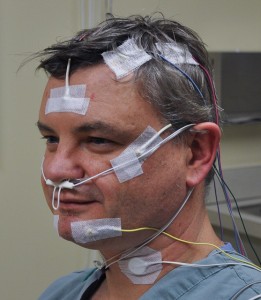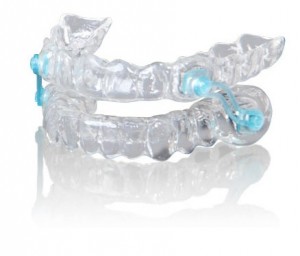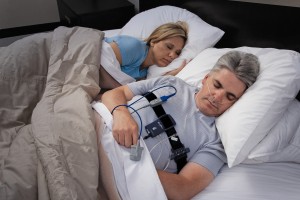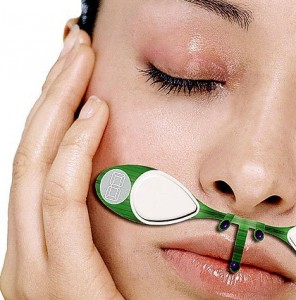Sleep Apnea Test – Accurately Testing and Detecting Sleep Apnea
When discussing sleep apnea test, it is important to clearly understand what this sleep disorder is all about. You may have experienced yourself or someone having difficulties in sleeping, snoring quite loudly and intermittently. This is further categorized by repeated breathing at intervals. Then at the end of this difficult sleep, you wake up feeling quite tired. If you experience this conditions or know someone who does then chances of your sleep apnea test results becoming positive are very high in this case. The risky moment is however during the short period that breathing stops during sleep when experiencing sleep apnea. The end result of untreated apnea is complications or even heart problems.
Common Causes of Sleep Apnea
There are varied causes for this condition but all point at irregular passage of air through the throat. During any sleep apnea test, the place to concentrate on is muscles that control breathing. They are most likely not controlling air flow well. But there are quite a number of reasons why these muscles could not be control breathing effectively as required. These include:
- Some other neurological medical conditions or trauma
- Physical discomfort like choking or strangulation
- Drug induced
- Voluntarily acquired among others
But all these causes may each result in one of the two types of sleep apnea.
- Obstructive sleep apnea is the more common type that occurs when muscles of the throat relax. This is the most common type.
- Central sleep apnea that occurs when there are improper signals being sent by the brain to the muscles that control breathing. A result is an improper breathing that starts and stops irregularly.
Diagnosing Sleep Apnea
This sleep disorder is first detected at home when you realize there is a problem with sleep. When the sleeping difficulty is accompanied by loud snoring, intermittent breathing and tired after sleep, then it could be right to suspect sleep apnea. Such a simple home sleep apnea test should however be treated as an assumption only. The next step should be to visit a sleep specialist found in one of the many sleep apnea centers, for instance an ENT doctor or lung and nerves specialists. What they do basically include the following sleep apnea test:
- Sleeping patterns – this is the most accurate test to determine whether your condition is actually serious or it happened only once or twice and then it’s gone. History of poor sleep pattern could indicate sleep apnea.
- Your doctor may also ask you to keep a record how you sleep for about two weeks. The results you put down could back up other symptoms you have of apnea.
- Your family medical history – the doctor may have it easier to conclude the test if anyone in your family could have been diagnosed with sleep apnea or whether it is actually your parent with a history of this disorder.
- Physical examination – this entails your doctor examining patients’ oral cavity to check for any abnormally large tissues that could hinder breathing muscle normal contraction. The most obvious conclusion is when one has an enlarged soft palate or enlarged tonsils.
However sleep apnea test centers is recommended. This is an advanced and more accurate sleep apnea test method. It involves testing of:
- Amount of oxygen in the blood
- Check movement to indicate difficult moving
- Heart rate ad
- Air flow through the nose when breathing
Recommended Treatments for Sleep Apnea
The good news is that the condition is reversible of treatable. The most common way to overcome this disorder is using sleep apnea mouth guard. This is an oral appliance that is fitted in the mouth by specialist to enhance air movement during sleep. It corrects the disorder gradually with time.



